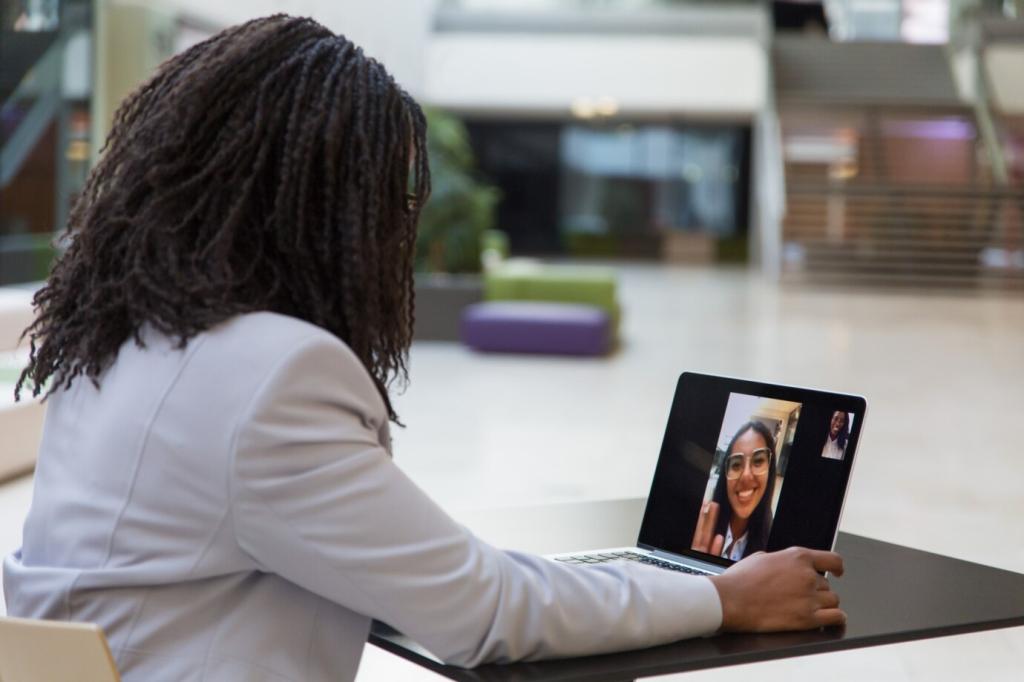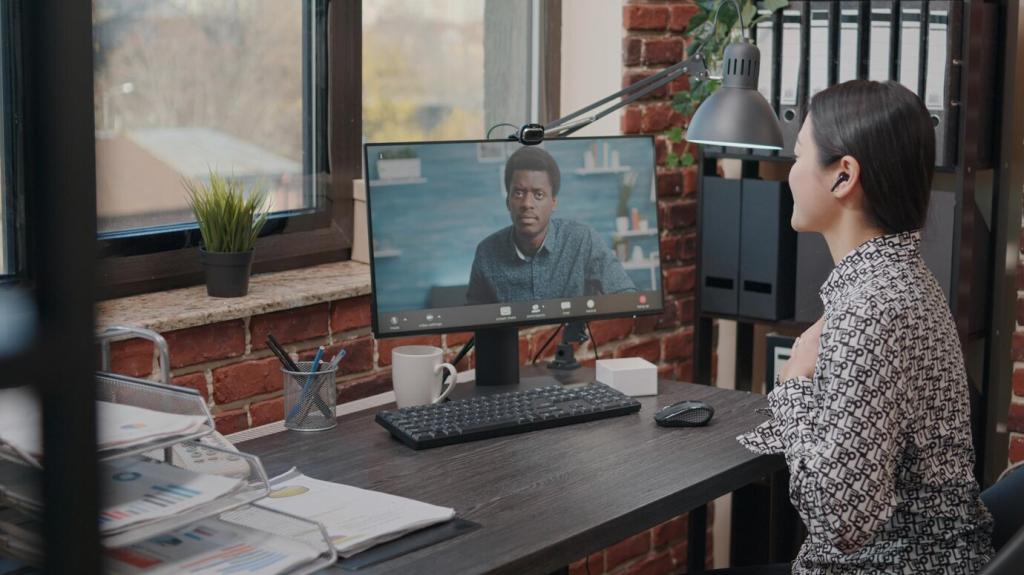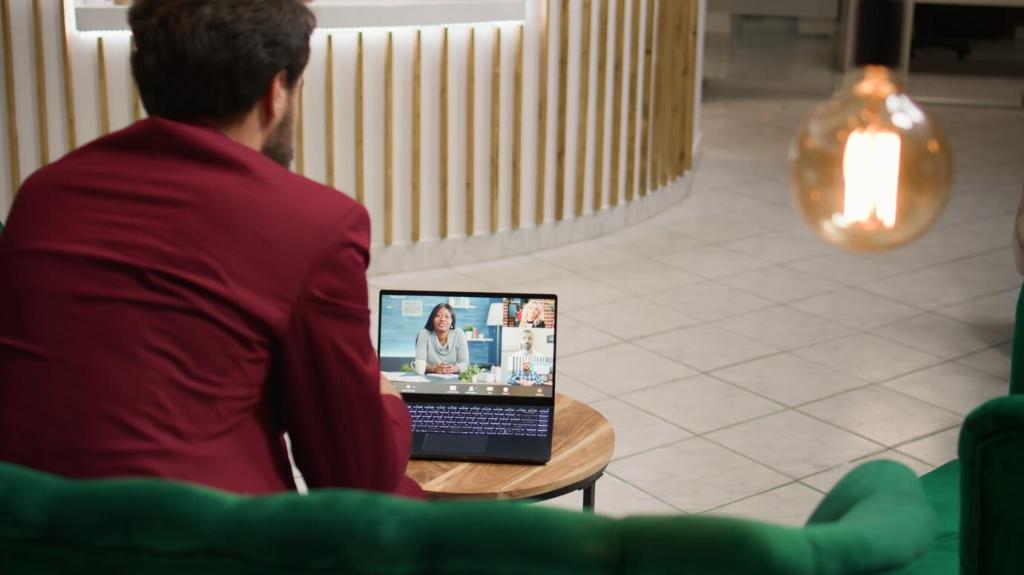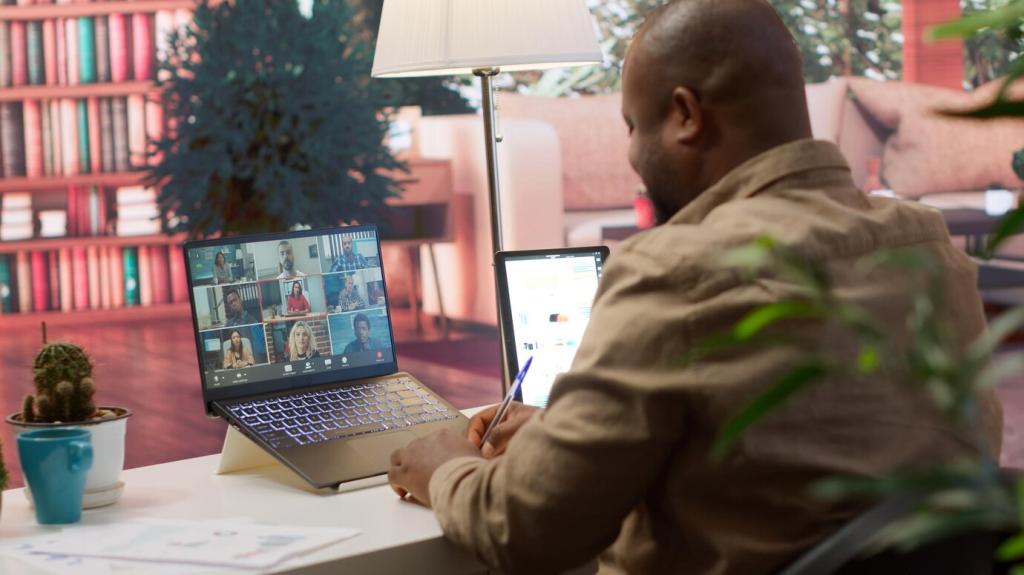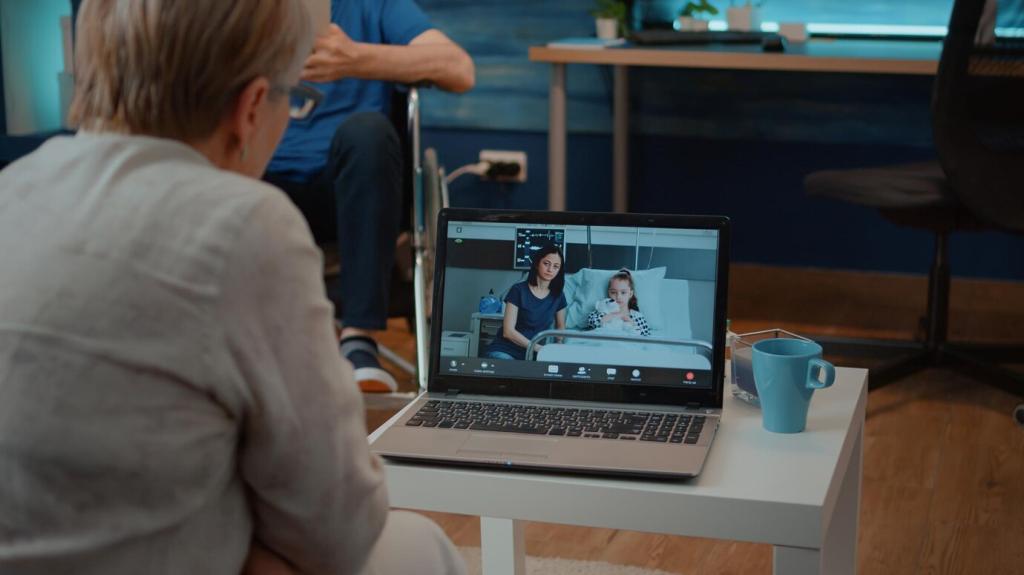Boundaries and Routines that Restore Energy
Create a five-minute pre-work ritual: a walk around the block, a stretch, or journaling two lines. Use the same route or chair to signal a shift. Consistency trains your brain. Try it tomorrow and comment with your chosen mini commute.
Boundaries and Routines that Restore Energy
Schedule three micro-movements: thirty seconds of stair climbs, desk pushups, or a quick dance. Movement counters stress chemistry and refreshes focus. Add them to your calendar with playful names. Which snack made you smile? Share your pick.



